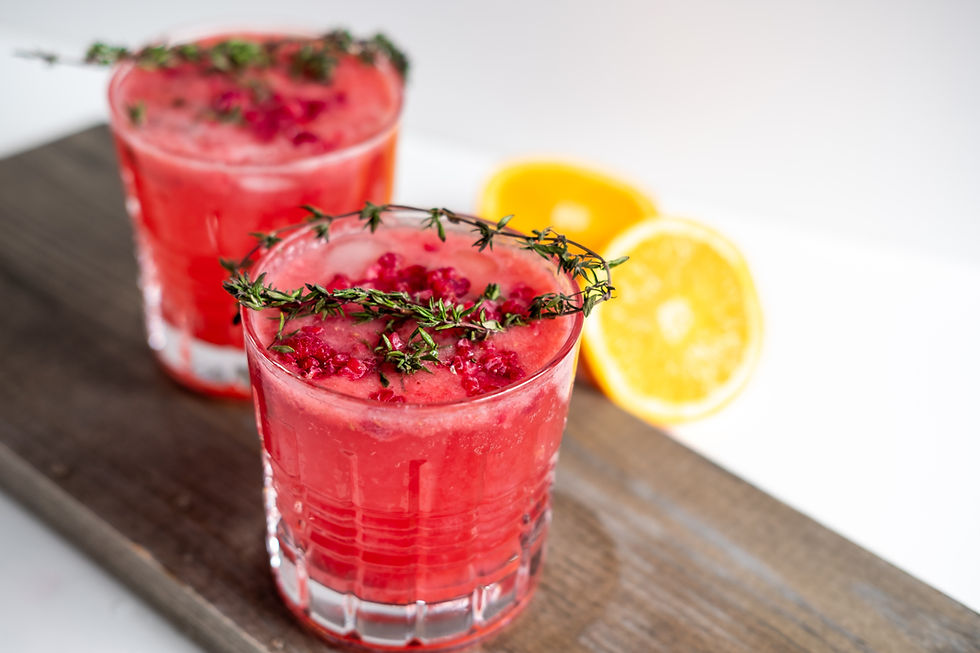Summer Foods

As summer heats up and we start heading to the beach or weekend hikes its essential we want to optimise the fabulous foods available to us and look at ways at optimising our hydration levels. We are lucky enough to live in a country with unlimited choices of fresh produce coming from overseas and our local market.
Research shows us that eating more fruits and vegetables can prevent you from developing vitamin and mineral deficiencies as well as protecting you against certain diseases such as heart disease, cancer, diabetes, stroke and obesity to name a few. This is mostly from the power of antioxidants and phytonutrients. Guidelines recommend we eat at least 5 servings of fruits and vegetables each day, focussing on variety and eating a rainbow of colour so we can soak up all the nutrients available.
What to focus on:
By having a diet high in plant foods will ensure you meet the recommended daily intakes (90mg males, 75mg for females). Some great sources that are rich in polyphenols include: oranges, kiwifruit, strawberries, papaya, mango, pineapple, grapefruit, bell peppers, broccoli, kale, spinach, asparagus and brussels sprouts.
Yellow and orange coloured fruits tend to be high in vitamin C as well as your green leafy vegetables. Remember it’s important to soak them all with some white vinegar or baking soda to help remove the chemicals and fertilizers residue.
Along with vitamin C, our immune system needs a few other key vitamins and minerals to ensure its working effectively. These include vitamin D, zinc, B12, B6, folate, iron copper and selenium.
Hydration:
With our bodies more exposed to humidity and heat, it is essential we drink enough water and fluids throughout the day. We should try to aim for at least 8 glasses per day (2-3L/day). Of course this can vary with age, gender but also how much exercise we are doing each day. Try and include another 750ml bottle for every hour of exercise or time outside to make up for sweat losses.
Here are some key tips for good hydration this summer:
1. Water should be the main choice of fluid
2. Choose foods that contain higher water content – e.g., soups/broths, vegetables/fruit & salads
3. Invest in a new water bottle, one that you love and can carry around with you. Just like a new outfit, it will help motivate you to fill it up more and is a great way to track your levels
4. Add some flavor to your water – try adding some sliced cucumber, fresh berries, lemons or a sprig of mint to spice things up
5. Coffee and tea should be counted as extra fluids – as the caffeine content works as a diuretic and increases the amount of fluid loss (urine)
6. Alcohol does NOT count as a fluid! (sorry)
7. Keep juices and fizzy drinks for special occasions as these contain high sugar levels
8. Coconut water is a great option to have during sports or on extra hot days, without the excess sugars
9. Look for dehydration signs – little or no urine, dark urine, dry mouth, sleepy/fatigue, headache, confusion, dizziness/lightheaded or no tears when crying
10. A good way to check hydration is to monitor your urine colour - colourless/light yellow urine = well hydrated, & dark yellow/amber color = may be dehydrated
Be sure to check out Southstream Market’s fresh produce section for bumping up your vitamins and mineral content and our summer beverages for optimal hydration.
Want to find out more or ask a question? Click Here to get in touch with Chrissy.











Comments